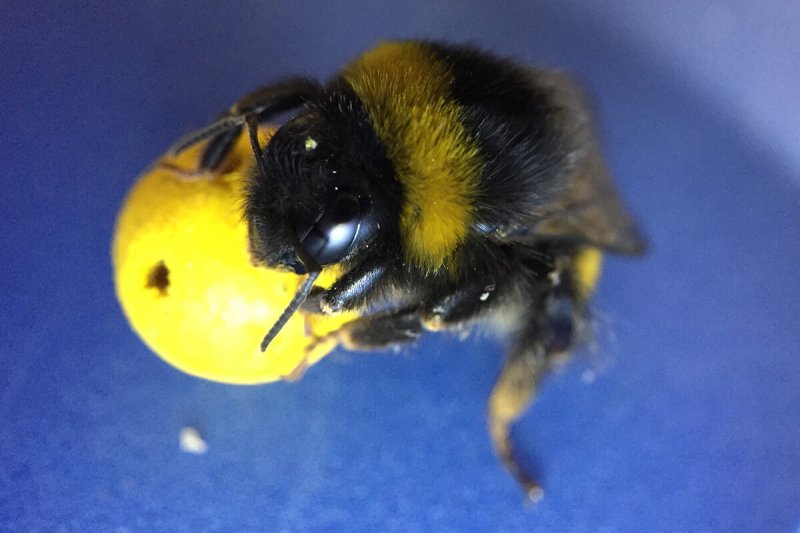Two large-scale studies published Thursday [June 29] suggest that common pesticides may harm bee colonies. In some cases, the pesticides contribute to the loss of not only worker bees but also queens.
The studies, in the journal Science, have been eagerly anticipated due to concerns about the impact of neonicotinoid pesticides on pollinators, but the results were not as clear-cut as experts had hoped.
…
[T]he small number of significant effects “makes it difficult to draw any reliable conclusions,” said Norman Carreck, science director of the International Bee Research Association, who was not part of either study.Christopher Cutler, who studies insect toxicology at Nova Scotia’s Dalhousie University, echoed Carreck’s concerns, pointing out that “when many different analyses are conducted” (42 in this case), “a small number of statistically significant effects are bound to emerge by chance.”
…
An approach popular with activists would be to ban neonicotinoids altogether, but many experts worry this would cause farmers to turn to older and potentially more harmful methods of pest control. “Things are better for honey bees since neonics replaced more harmful insecticides,” said beekeeper and science blogger Randy Oliver.
[Read the two studies here and here (behind paywall)]
The GLP aggregated and excerpted this blog/article to reflect the diversity of news, opinion, and analysis. Read full, original post: Controversial pesticides may threaten queen bees. Alternatives could be worse.































